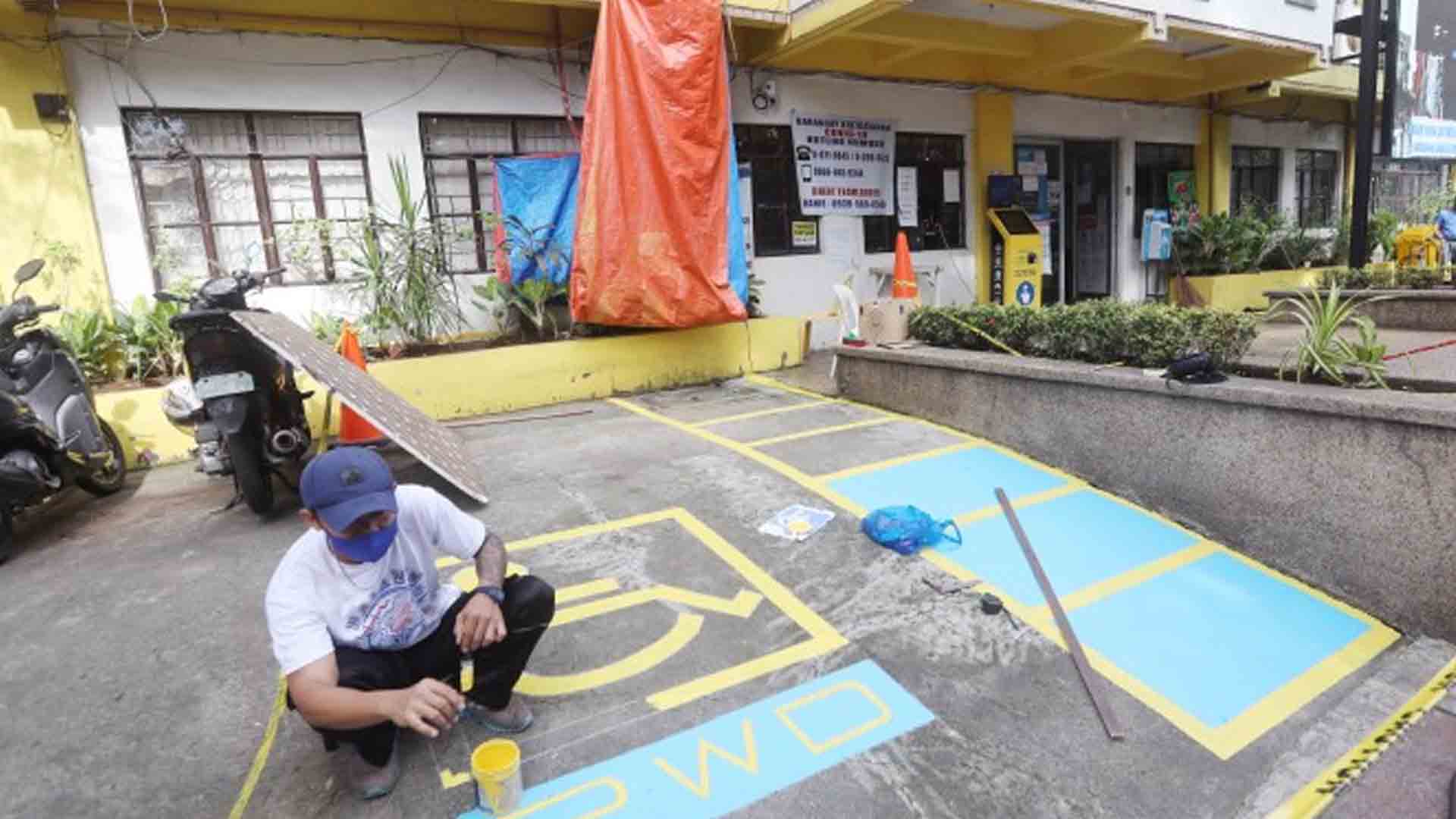Senator Mark Villar has filed a measure mandating all state universities and colleges (SUCs) to build persons with disabilities (PWD)-friendly infrastructure facilities to give them an equal chance to finish their collegiate education despite financial and physical constraints.
In filing Senate Bill No 1704, or (PWD) Infrastructure-Friendly Facilities Act, Villar cited Article 17 of the Magna Carta for Persons with Disabilities which provides that “it is the National Government’s mandate to provide State Universities and Colleges (SUCs) with necessary special facilities for visually-impaired, hearing-impaired, speech-impaired, and orthopedically-impaired students,” and allocate the necessary funds thereof.
“Enabling the disabled is a state policy that should be reflected in Philippine legislation,” he said in his explanatory note.
He said SB 1704 is in accordance with the Convention on the Rights of Persons with Disabilities that the Philippines officially ratified on April 15, 2008.
Records from the National Disability Prevalence Survey showed that, in 2016, around 12 percent of Filipinos aged 15 and older experienced severe disability, and almost one in every two or 47 percent experienced moderate disability, while 23 percent have mild disability.
“Aside from the fact that education is a right endowed even to PWDs, obtaining a college degree is needed for them to be competitive in employment, whether locally or abroad,” he said.
“Hence, it is high time to advance efforts that will remove barriers in school infrastructure through mandatory construction and repair of PWD-friendly infrastructure facilities in all SUCs and ensure that sufficient budgetary support is given to implement this advocacy,” Villar said.
Under SB 1704, all SUCs in the Philippines shall create infrastructure facilities that are PWD-friendly.
Physical infrastructure includes components within and outside SUCs, which includes signages, accessible entrances, corridors, toilets with grab bars, switches and controls, ramps, elevators, accessible desks, canteens, waters taps, and emergency exits.
These shall also include outdoor facilities like roads and footpaths necessary to reach the schools, and the accessibility of PWDs to water, sanitation, and hygiene facilities.
The SUCs, through the Commission on Higher Education, shall coordinate with the Department of Public Works and Highways and the National Council on Disability Affairs to ensure that facilities that are to be constructed or repaired are in compliance with the infrastructure standard set forth for PWDs. (PNA)








